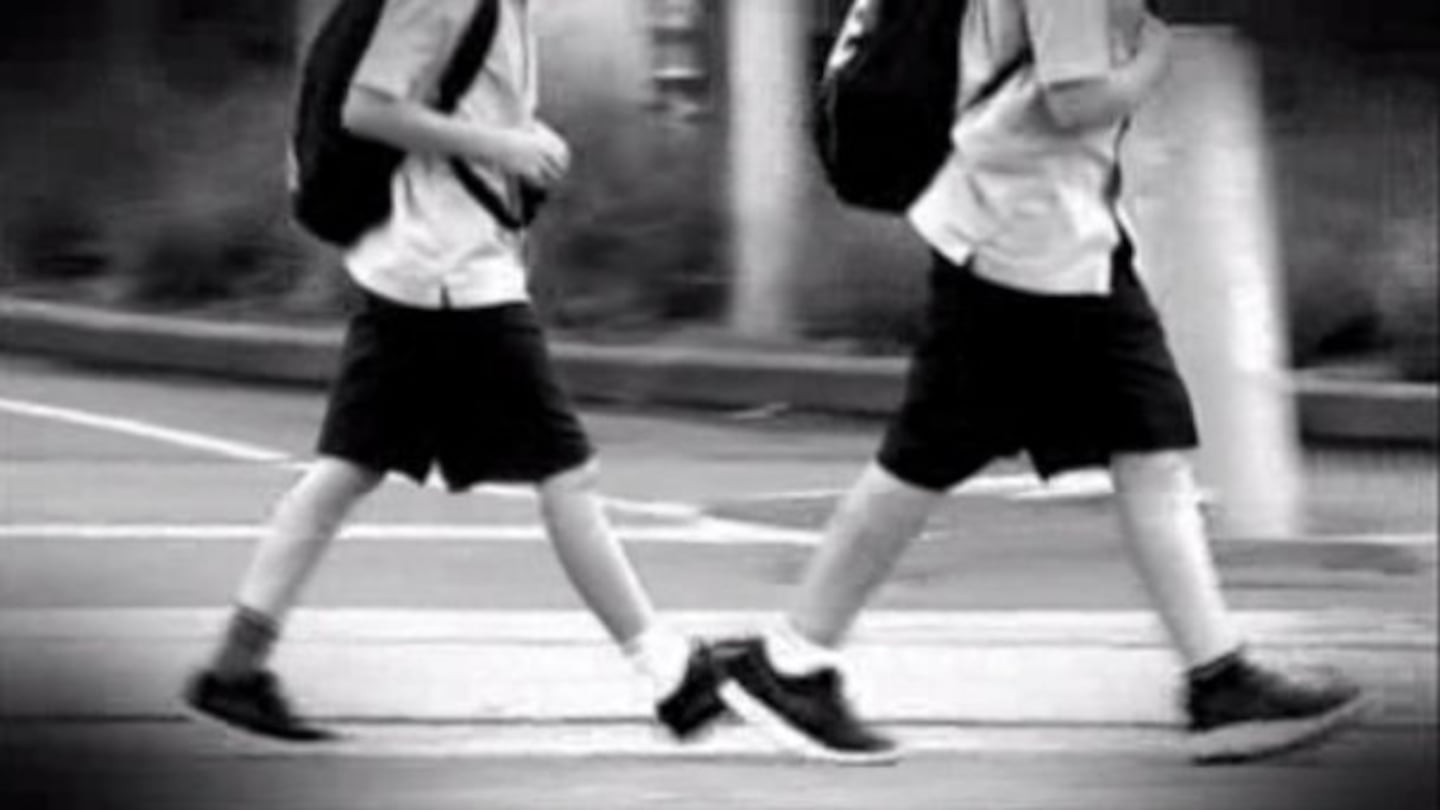A major police operation will see officers across Tāmaki Makaurau engaging young people not attending school or alternative education in an attempt to reduce crime.
Over the next two weeks, police will be patrolling a number of locations where youths are known to congregate during school hours.
Police cite evidence to suggest that a small number of these children and teenagers are involved in criminal activity.
This can range from lower level offences to serious crimes including burglary.
Inspector David Glossop says while truancy itself is not a criminal offence, there is a correlation between truancy and youths being offenders, or victims of crime.
It is also an indicator that there may be issues at home.
“The majority of our young people across Auckland are in education and are thriving,” says Inspector Glossop, “This operation is about working with our partner agencies to identify those kids who are consistently not attending school and wrap support around them and their families.”
“Parents and caregivers play a huge role in the future success of our tamariki and need to take responsibility for ensuring their children are actively involved in education.”
Glossop describes the police approach as multilateral and highlights a multi-agency approach to reducing truancy.
“Police will be working closely with our partner agencies, including the Ministry of Education, and Truancy Service Providers to ensure we have a plan moving forward to try and keep these youths engaged.”
“Attending school is not just the law of the land up until the age of 16, it’s also the key to setting our young people up for life,” says Katrina Casey Ministry of Education Deputy Secretary Sector Enablement and Support.”
“Getting a qualification is one of the basic building blocks for success and regular attendance at school makes all the difference.
For example, a Year 11 student who only turns up at school half of the time has just a one-in-five chance of getting NCEA Level 1.
A student who attends every day has about a 90 per cent chance of achieving that qualification.”

